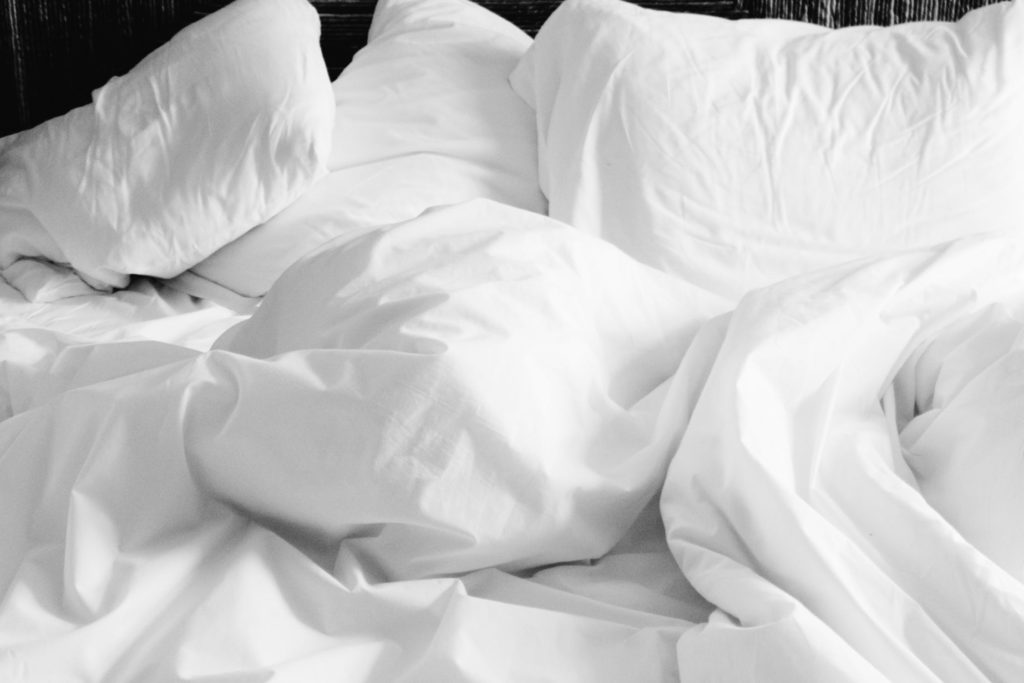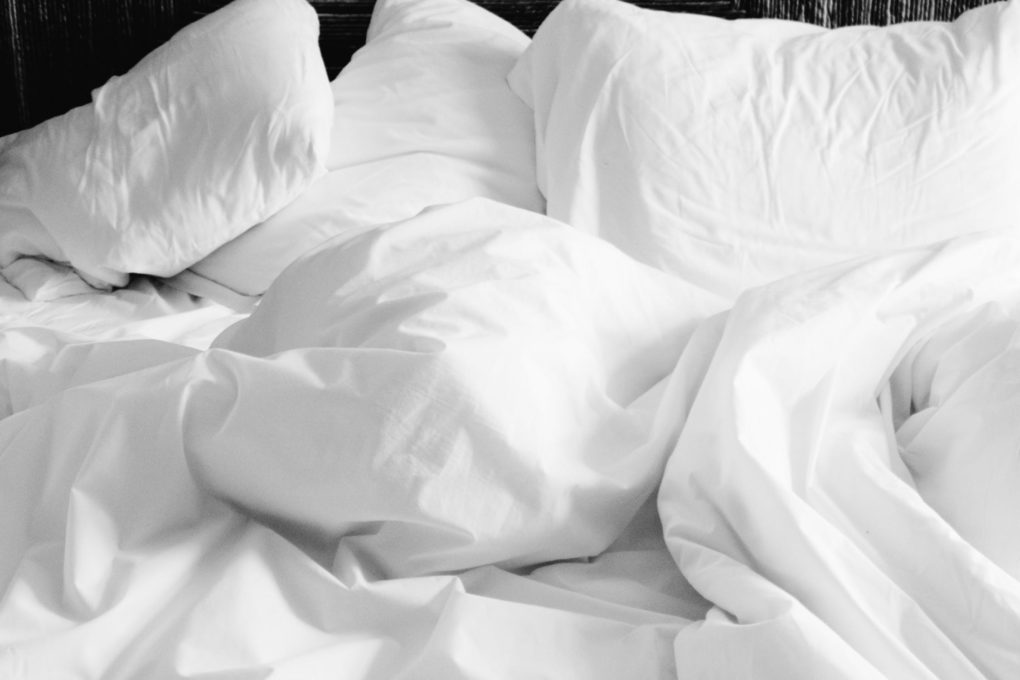What Are the Best Natural Methods for Getting Better Sleep?

Most of us aren’t getting the 7 to 9 hours of sleep that is recommended for adults. But getting more sleep can be challenging, especially if you’re dealing with chronic insomnia. Not only do you have to leave yourself enough hours in the day to dedicate to sleep, but you also have to find a way to get asleep fast and stay asleep throughout the night.
Thankfully, there are many natural solutions that can help you get the sleep you need.
Environmental Changes
Start with environmental changes. These are typically easy to adopt, though it may cost you a bit of money to adopt them. These methods are all about changing the room in which you sleep to be more accommodating for your sleep hygiene:
- Mattress. First, make sure you have a good mattress. High-quality modern mattresses are made of memory foam or something similar, which provides you an equal balance of support and softness. Different people have different preferences, so you may prefer a firmer or softer mattress than others, but always buy new, and always buy the highest-quality mattress you can afford. Mattresses can be expensive, but they’re always worth the investment.
- Pillows and sheets. Mattresses are a bigger and more important investment, but you must also consider your pillows and sheets. Pillows are pivotal for getting adequate head and neck support, and can make you more comfortable while reducing back pain when you awake. The quality and material of your sheets can also make or break your bedtime experience, so again, buy the best quality you can afford.
- Lighting. People fall asleep and stay asleep much better in a room with little to no visible light. A small night light shouldn’t interfere with your sleeping habits too much, but if there are bright street lights prying into your room, you’ll need to take action. Invest in some good blackout curtains, and keep your room dark internally as well.
- Noise. Even if you’re normally a sound sleeper, excessive noise and other auditory disruptions can interfere with your sleep. It’s hard to filter noises like you filter light, but investing in a good set of earplugs or a white noise machine can help drown those noises out.
- Temperature and humidity. The climate of your room also plays a factor in how well you sleep. There are some individual differences here, but in general, people sleep better in a room that’s neither too dry nor too humid. They also sleep better in a room that’s slightly colder than average. Experiment to see which conditions are most conducive to a good night’s sleep for you, personally.
Habit Changes
You can also make changes to some of your daily habits, optimizing your life for better sleep:
- Scheduling. One of the best things you can do is make a schedule for your sleeping and stick to it. This will help you make sleep one of your top priorities, and more importantly, will help you commit to a fixed schedule. People sleep much better when they fall asleep and wake up around the same times each day.
- Diet. Your eating habits can also play a role in how you sleep. If you eat a big meal right before bed or eat sugary junk foods throughout the day, you might have trouble getting to sleep. By contrast, if you eat balanced, healthy meals throughout the day and go to bed satisfied (but not stuffed), you’ll sleep much better.
- Exercise. Vigorous daily exercise is one of the best natural habits you can adopt to improve your sleep. Exercise reduces your stress and tires you out, making it easier for you to fall asleep when you want. Try to squeeze in at least 20-30 minutes of exercise every day.
- Substances. Various substances can make it harder for you to fall asleep, so eliminate them (or at least avoid them in the few hours before bedtime). The most common culprits are caffeine, found in coffee and most kinds of tea, and alcohol.
- Nighttime activities. It’s a good idea to monitor and adjust your nighttime activities as well. Staring at a smartphone as you fall asleep is bad for your sleep habits, while reading a physical book could be good. Avoid exposure to digital screens and favor mentally exhausting tasks.
Seeing a Professional
If the changes above aren’t making a major difference in your sleep habits, it may be time to talk to a professional. See a doctor about your insomnia and/or consult a psychologist to talk through some of the mental and emotional issues that may be at play. They may recommend medication to soothe your insomnia symptoms; while this may not be your ideal solution, it’s much better than living your life sleep deprived.
Subscribe for natural health news to your inbox. Follow Natural Blaze on YouTube, Twitter and Facebook.



